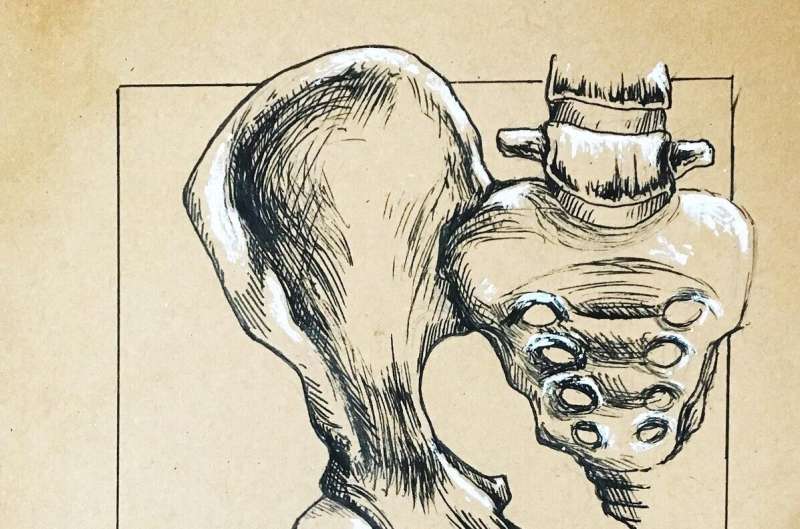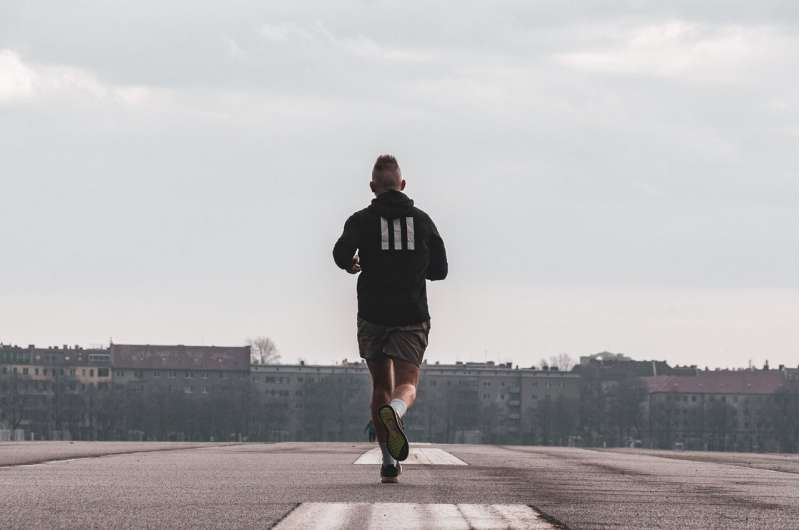Community Exercise Programs Enhance Senior Health and Combat Age-Related Decline

A groundbreaking study from McMaster University demonstrates that community-based exercise programs can significantly slow or reverse age-related declines in cardiovascular fitness and muscle strength among seniors, promoting healthier aging and improved quality of life.
Recent research from McMaster University highlights the significant benefits of community-based exercise programs for older adults. The study, published in the journal Exercise, Sport, and Movement, followed 124 seniors over five years participating in the MacSeniors Exercise and Wellness Program at the university's Physical Activity Centre of Excellence (PACE). The findings reveal that regular engagement in structured physical activity can slow, and in many cases reverse, the natural declines in cardiovascular fitness and muscle strength associated with aging.
Participants were encouraged to attend the program at least twice weekly, engaging in at least 30 minutes of moderate aerobic activity and resistance training for key muscle groups, aligned with national guidelines for older adults. Notably, women showed an actual improvement in cardiorespiratory fitness, while men experienced a slower rate of decline. Both genders maintained higher-than-expected muscle strength levels.
The study underscores the importance of consistent, age-appropriate exercise in maintaining physical function and reducing health risks. Experts involved in the research emphasize that such community programs foster social support, motivation, and empowerment, which are crucial for long-term adherence. The social environment and peer connection help keep older adults engaged and motivated to sustain healthy habits.
Physiological changes in aging—such as decreased respiratory muscle strength and overall aerobic capacity—begin as early as age 30, with accelerated declines often occurring after age 45. Muscle strength, essential for stability and fall prevention, declines from early adulthood, intensifying after 50. This decline impacts mobility and overall quality of life.
The study advocates for accessible, low-cost exercise options in community settings, noting their effectiveness in preserving functional independence and improving health outcomes. The program's success highlights that it's never too late to begin exercising and that even moderate, regular activity can have profound health benefits for older adults.
Lead researcher Angelica McQuarrie explains that structured, supportive environments combined with evidence-based programs are key to sustained health improvements. The research team stresses the critical role of social connections and motivation in fostering ongoing physical activity among seniors.
In conclusion, promoting community exercise initiatives offers a practical and effective strategy to combat age-related physiological decline, enhance quality of life, and support healthy aging, especially as the population of older adults continues to grow.
Source: https://medicalxpress.com/news/2025-08-community-seniors-age-decline.html
Stay Updated with Mia's Feed
Get the latest health & wellness insights delivered straight to your inbox.
Related Articles
Weekend Workout Routine Linked to Lower Cardiovascular Risk in People with Diabetes
Engaging in weekend physical activity sessions can significantly reduce the risk of cardiovascular mortality in adults with diabetes. A large cohort study highlights the health benefits of flexible exercise routines.
Pelvic Floor Exercises for Active Women to Prevent Exercise-Related Symptoms
Discover how targeted pelvic floor exercises can help active women prevent exercise-related symptoms, improve core stability, and support overall pelvic health.
Reintroduction of the Presidential Fitness Test in U.S. Schools
The U.S. reintroduces the Presidential Fitness Test to promote physical activity and healthy lifestyles among students, emphasizing athletic competition and wellness. The program aims to combat childhood obesity and foster lifelong healthy habits.



